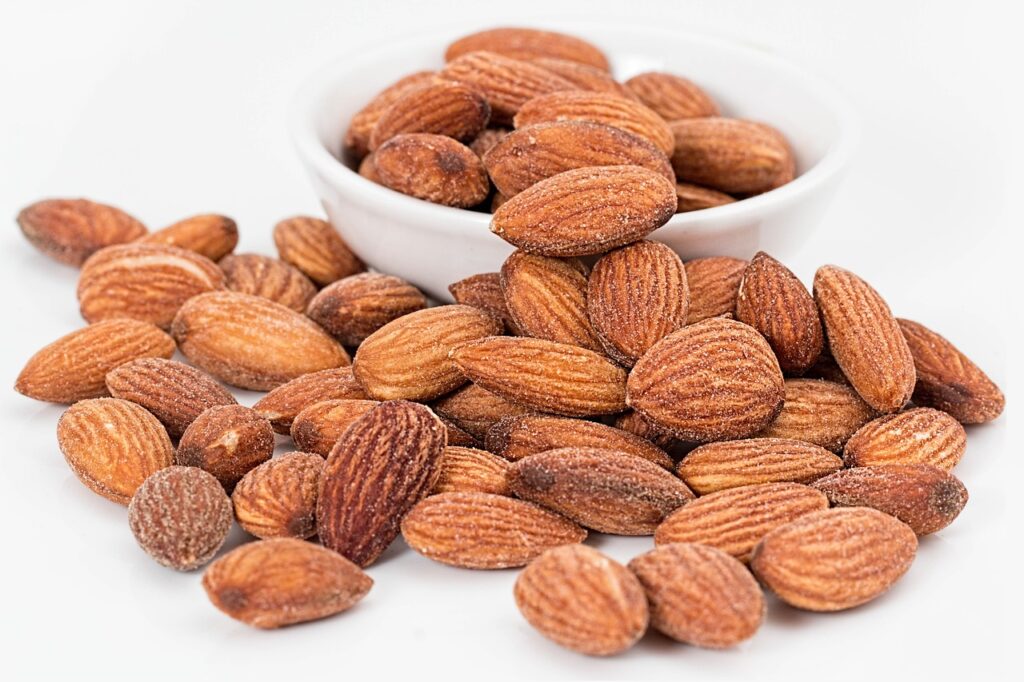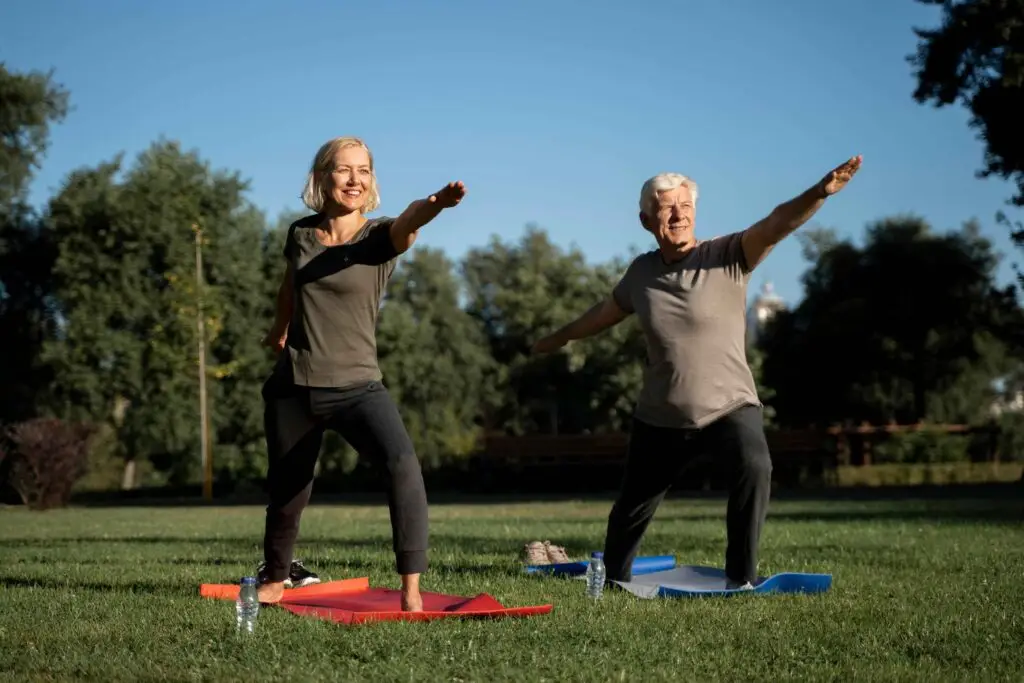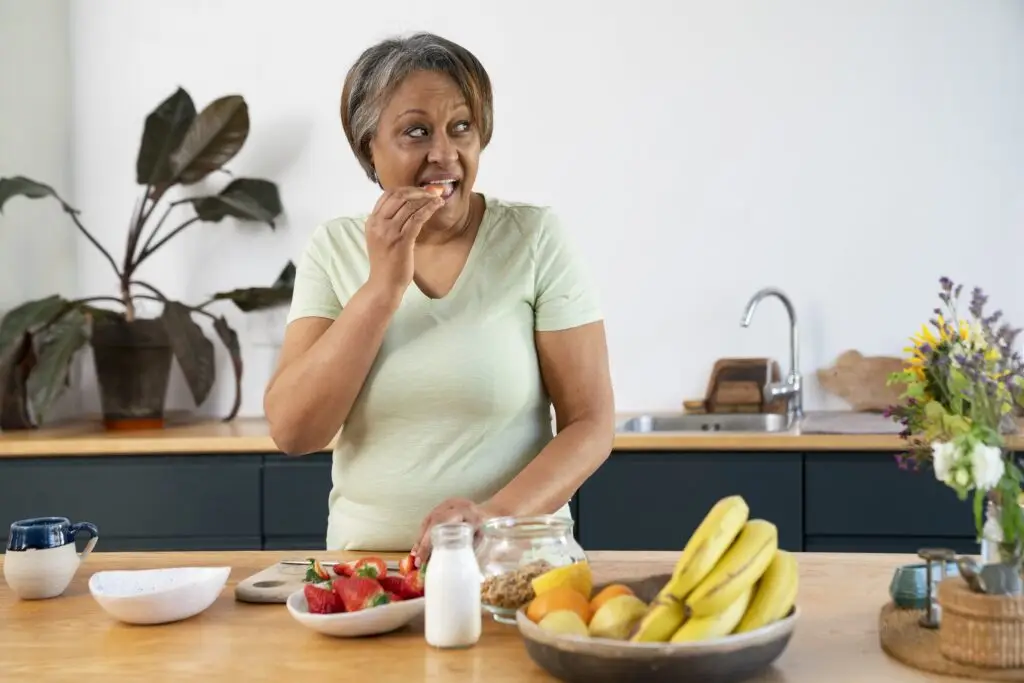Discover the top nutrition essentials for seniors. Learn how to eat smart, stay strong, and keep your body healthy with balanced meals and key nutrients for aging well.
As we journey into our 60s and beyond, the way we eat becomes one of the most important keys to staying healthy, energized, and feeling good every day. Your body’s needs change, and understanding what to eat — and why — can help you maintain strength, support your immune system, and even keep your mind sharp.
Why Nutrition Essentials for Seniors Matters More After 60
Aging brings changes in metabolism, muscle mass, and how your body absorbs nutrients. This means the foods that worked for you in your 40s or 50s might not be enough now. Good nutrition helps prevent common age-related issues like osteoporosis, heart disease, and digestive troubles.
Plus, eating well supports your energy and mood. After all, food is fuel — but it’s also comfort and joy. Finding a balanced, enjoyable way to eat is the goal.
Protein: Your Muscle’s Best Friend
One of the biggest challenges seniors face is muscle loss. It happens gradually, but it can affect balance, strength, and independence. That’s why including enough protein in your diet is vital.
Aim to include protein with every meal. Great sources include:
- Lean meats like chicken or turkey
- Fish, especially fatty kinds like salmon, which also provide healthy omega-3 fats
- Eggs, dairy products such as yogurt and cheese
- Plant-based options like beans, lentils, tofu, and nuts
If you’d like to learn more about strength training exercises that pair perfectly with protein to build muscle, check out our article on Staying Active and Moving Well.
Fiber for Digestive and Heart Health
Fiber keeps your digestive system running smoothly and helps control cholesterol and blood sugar levels — all crucial for seniors.
Add plenty of whole grains like brown rice, oats, and quinoa, plus fruits, vegetables, and legumes. If you’re not used to eating a lot of fiber, increase it gradually and drink plenty of water to avoid discomfort.
Calcium and Vitamin D: Building Strong Bones
Your bones become more fragile with age, making calcium and vitamin D essential. Calcium strengthens your bones, while vitamin D helps your body absorb calcium effectively.
Sources of calcium include dairy products, leafy green vegetables (like kale and spinach), and fortified foods. Vitamin D is trickier to get from food alone, so safe sun exposure and supplements (when recommended by your doctor) can help.
For more details on bone health and preventing fractures, visit our Preventive Health and Regular Checkups section.
Hydration: Don’t Forget Your Water
Seniors often feel less thirsty, but staying hydrated is crucial for digestion, skin health, and kidney function. Aim for about six to eight cups of fluids a day, including water, herbal teas, and hydrating fruits like watermelon or cucumber.
Limiting Sugar and Salt
While it’s tempting to enjoy sweet or salty snacks, excess sugar and salt can lead to problems like high blood pressure, blood sugar spikes, and water retention.
Try seasoning foods with herbs and spices instead of salt. Choose natural sweetness from fresh fruit rather than processed sweets.
Tips for Enjoyable and Practical Eating
- Eat smaller, frequent meals if large meals feel overwhelming
- Share meals with friends or family for a social boost
- Plan your meals to include a variety of colors and textures
- Don’t hesitate to ask your healthcare provider or dietitian for personalized advice
Conclusion
Nutrition Essentials for Seniors is a cornerstone of healthy aging — it supports your body, mind, and overall well-being. By focusing on protein, fiber, essential vitamins, and hydration, you’ll be giving yourself the best chance to thrive.
For a broader look at healthy aging habits that go beyond nutrition, check out our main guide: The Ultimate Guide to Healthy Aging After 60 and Nutrition Essentials for Seniors





